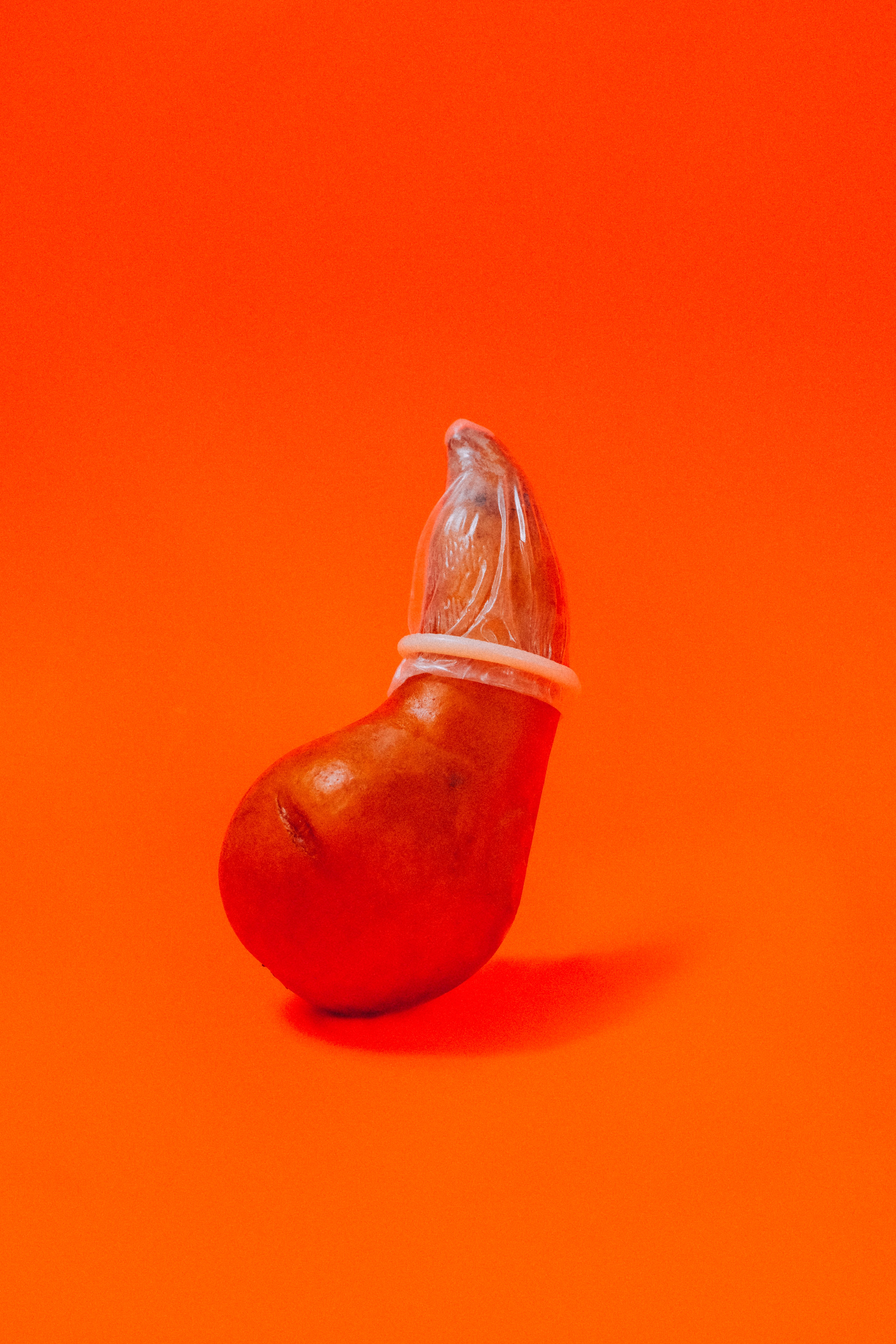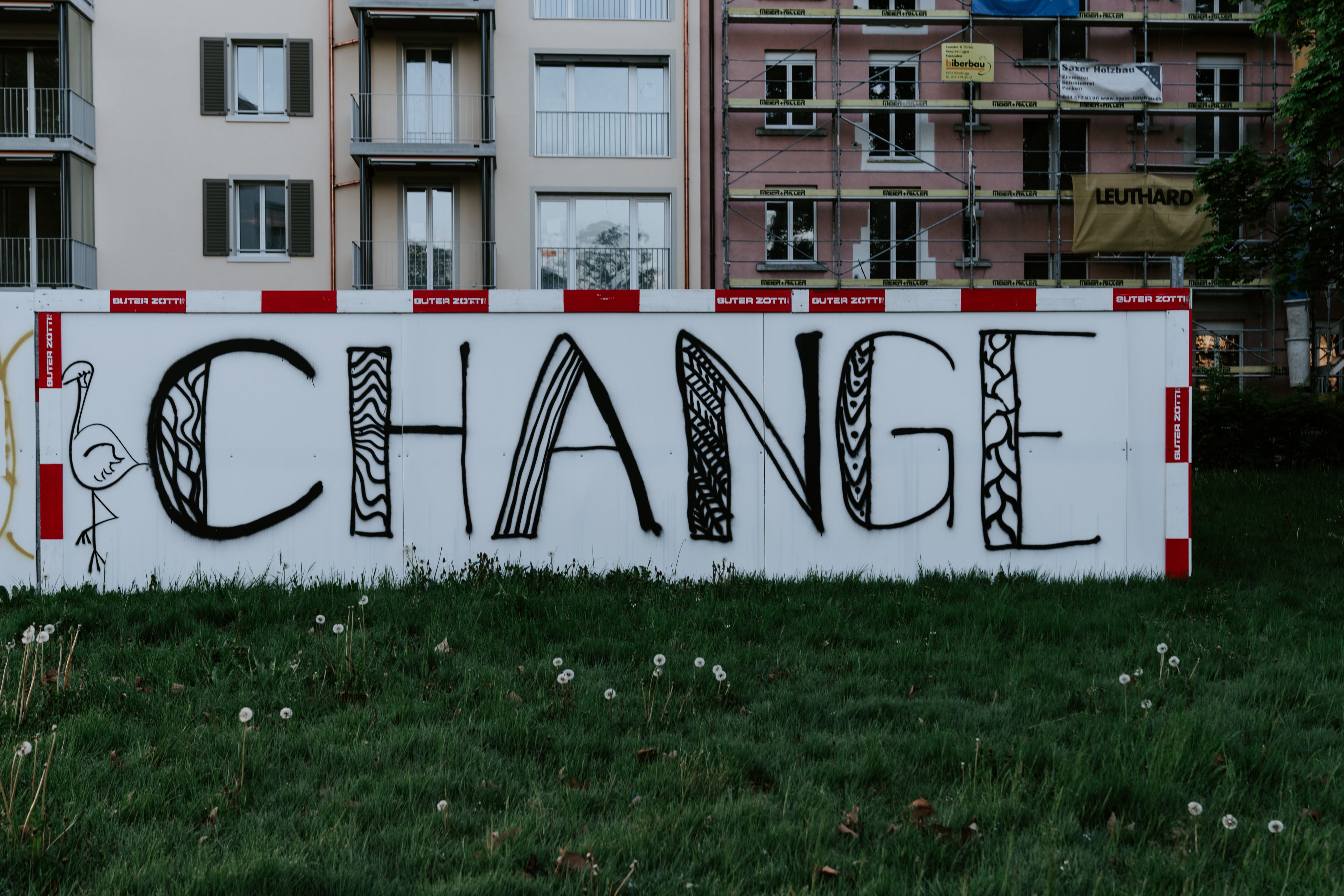Disability and Dating
Navigating the world of love and relationships in a society that denies your sexuality
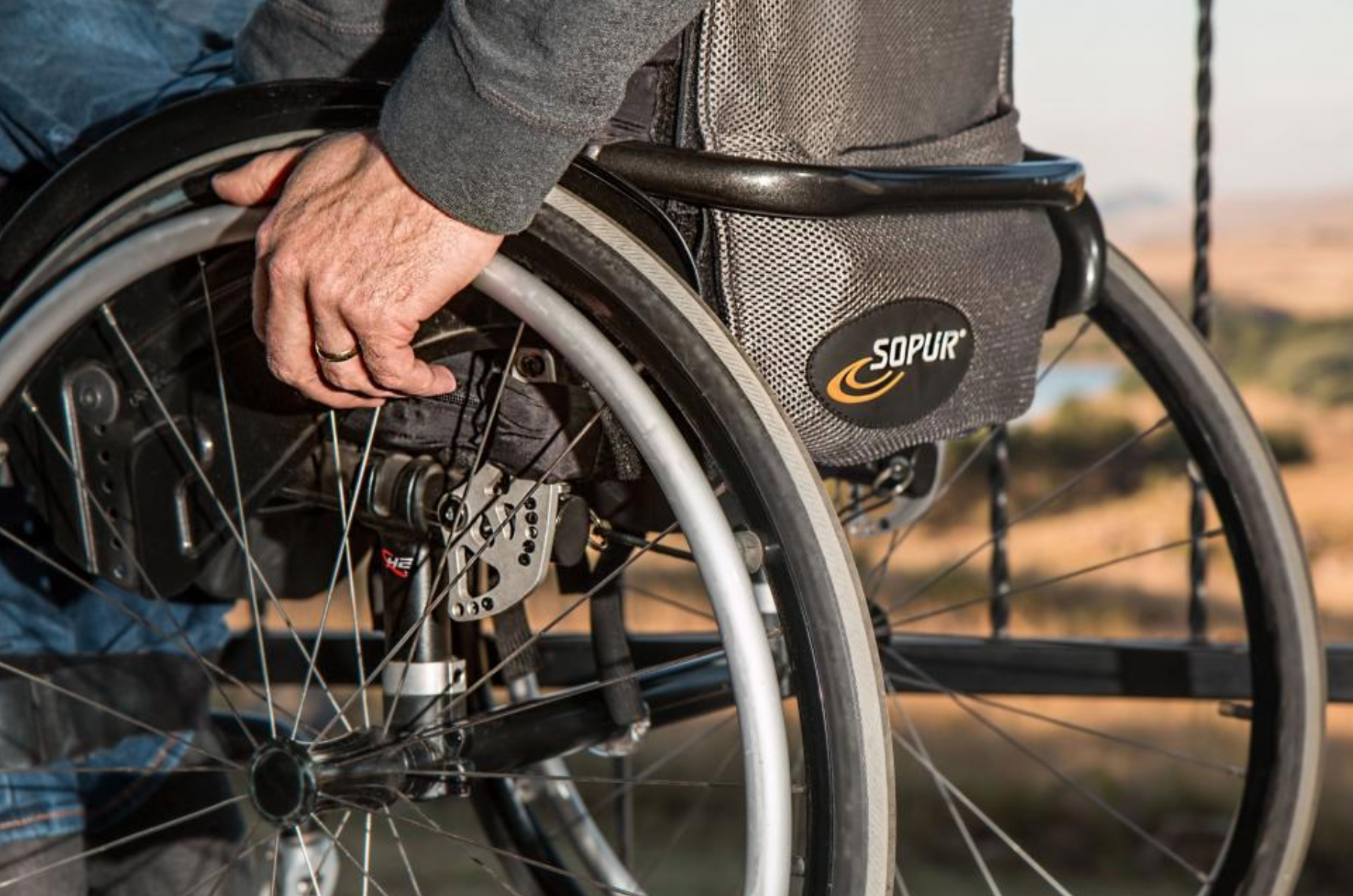
“Being able to have the same weird experiences on dates and the same amount of rejection as our non-disabled friends, that seems to me to be true equality,” says Tom, 34, who has cerebral palsy. "It’s a rite of passage. We should be allowed to have as awful of an experience and as great of an experience as everybody else.”
Tom's cerebral palsy means he has limited motor skills and mobility. It’s a lifelong, visible disability. Has it affected his dating life? Definitely. Happily, he’s now six years deep into a steady relationship but, along the way, he's had his fair share of weird experiences...
He describes the "weirdest one" when a guy brought him not one but two mini teddy bears to their first date. The bears sat between them while they ate their meal.
“Is that because he thought, ‘I’m going on a date with a disabled person?’. Maybe he thought that's what you did on a first date. But something in my mind questions whether he would have done that to a non-disabled person.” Perhaps unsurprisingly, Tom didn’t ask for a second date so never got to ask if the bears were there as back-up.
Such incidents reflect an added layer of complexity disabled people face when dating.
Tom adds, "you always question why they turn around and say this isn't quite what I had in mind... Is it my looks, is it what I'm saying, or is it my disability?"
For everyone, first dates are always going to be awkward, getting to know somebody under less forgiving lighting than in their Hinge pictures while silently wondering who's going to pay for the next round.
But, if you're disabled, "there's this extra layer," says Tom. "The lovely thing is when you get a second date and then it feels like that layer has kind of gone because they've come back. Second dates for us are like the first dates for non-disabled people."
The differences do not stop at the emotional hurdles, there are practical challenges too. Tom recalls the pre-date prep. His cerebral palsy means he can’t tie his own shoe-laces. If he had carers in the morning and was going on a date that night he’d need to have preselected his outfit so the carers could put his shoes on for him. “I remember walking around with a kitchen apron on so I wouldn’t get any dirt on my trousers. Sometimes I’d put a pair of really stretchy waterproof trousers on over the shoes and trousers so I had another protective layer,” he says.
He remembers how he developed a strange but almost totally accurate superstition that if he fell over on a date it wasn’t going to go anywhere. Tom falls over two or three times a week, it’s pretty common for people with cerebral palsy. He always gets back up and carries on but discovered his dates were often hesitant to follow his lead.
“They wouldn’t have a clue what to do. It was almost like all feelings had gone out of the situation and there was a coldness that came over them and they couldn’t wait to get away”, says Tom. “They couldn’t quite run off, as if they thought I might be incredibly needy and need them to stay. So then they’d start shepherding me through doorways and there would be an uneasy sort of caring.”
That's not what Tom wanted. "I would never want a partner to take away my hard won independence."
"I want you to be my partner, my lover, my husband. I don't want you to be my carer."
Disability and Dating in the Virtual World
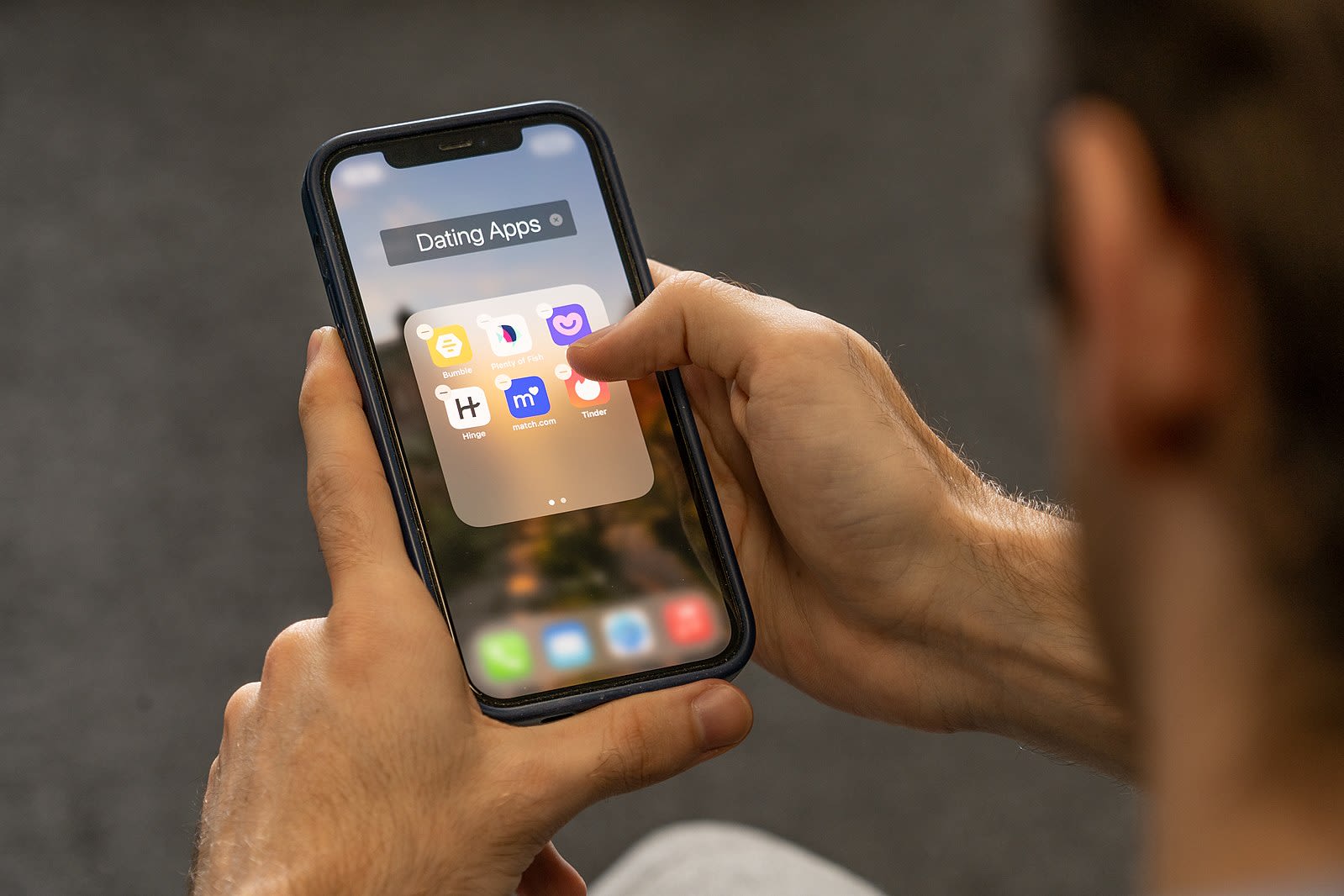
For years online dating had been relatively stigmatised, a likely sign someone was a bit desperate. The launch of Tinder in 2012 saw the dating world changed forever. Nowadays, swiping through endless streams of hopeful faces accompanied by personalities summarised in a couple of sentences feels like the most common way to find a romantic connection.
What has this revolution meant for disabled people? It’s complex. In some ways, dating is more accessible. Anyone can be chatted up online, hidden from view, represented on screen by the six best photos ever taken of them. There’s no longer a need to leave the house to meet people.
Annalisa, 45, is visually impaired. She has some functional vision but uses a white cane to get about. After the end of her 17 year marriage, she approached dating apps out of curiosity. She was good at it. She had found her current boyfriend and deleted Hinge within a month of downloading it, a statistic the app's marketing team should really know about.
On Hinge, she used her visual impairment to her advantage. She normally puts her phone in dark mode which makes writing easier to read on screen. Doing this makes photos go into x-ray, so everyone looks weird, hot or not.
She had never been good at picking guys up on a night out. She has no night-vision so dim lighting in bars meant she relied on friends to let her know if a guy was good looking or not.
But in the virtual dating world, dark lighting worked in her favour. Unlike the majority of people on the apps, Annalisa actually read what people had written on their profile, undistracted by their physical appearance. Then, if impressed by what they had to say, she would go into settings, re-invert colours, and finally take a look at them.
“I’m kind of old-fashioned in the way I believe it’s what people have to say that matters. My sight impairment functioned as a helpful filter from the very start,” she explains.
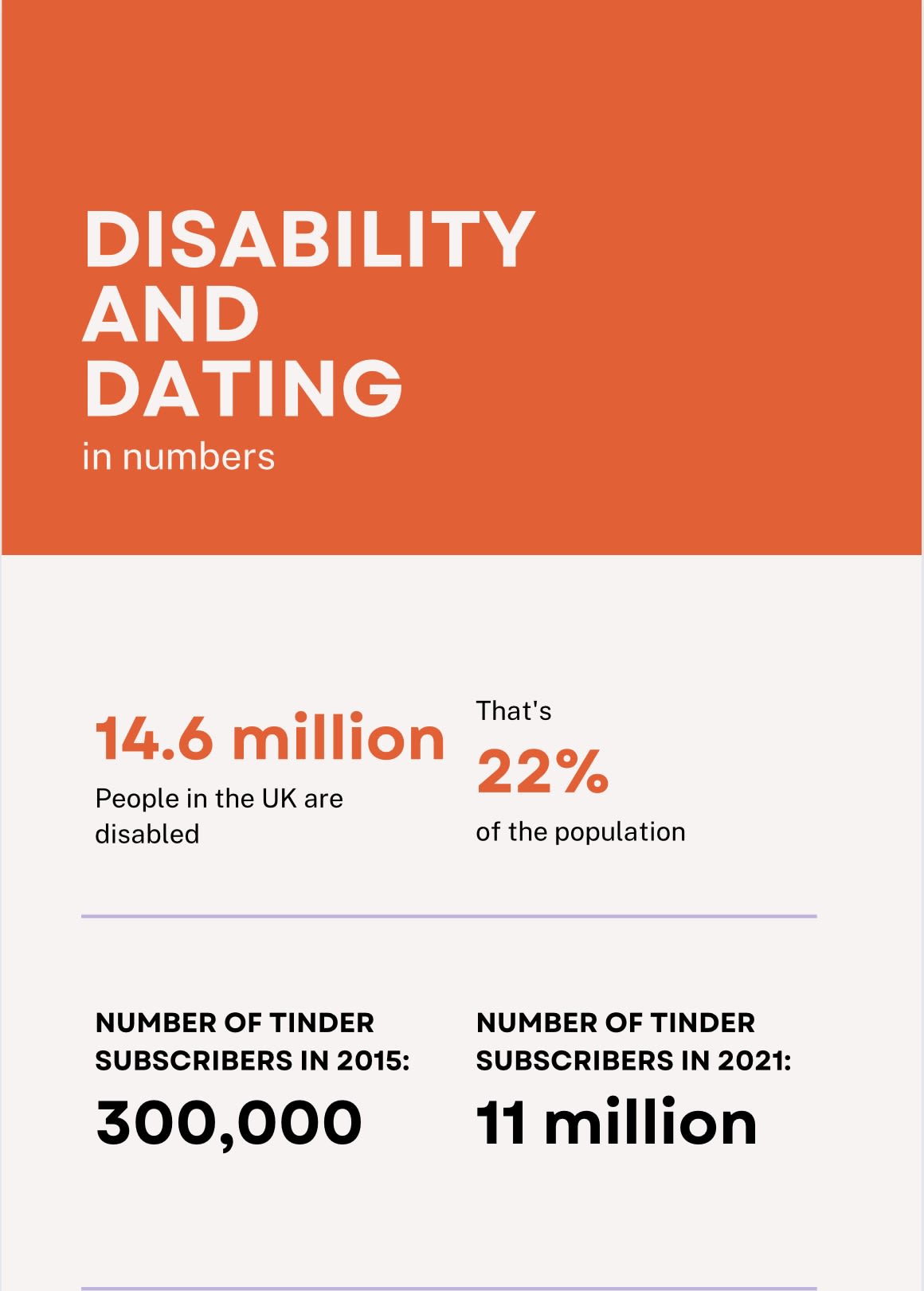

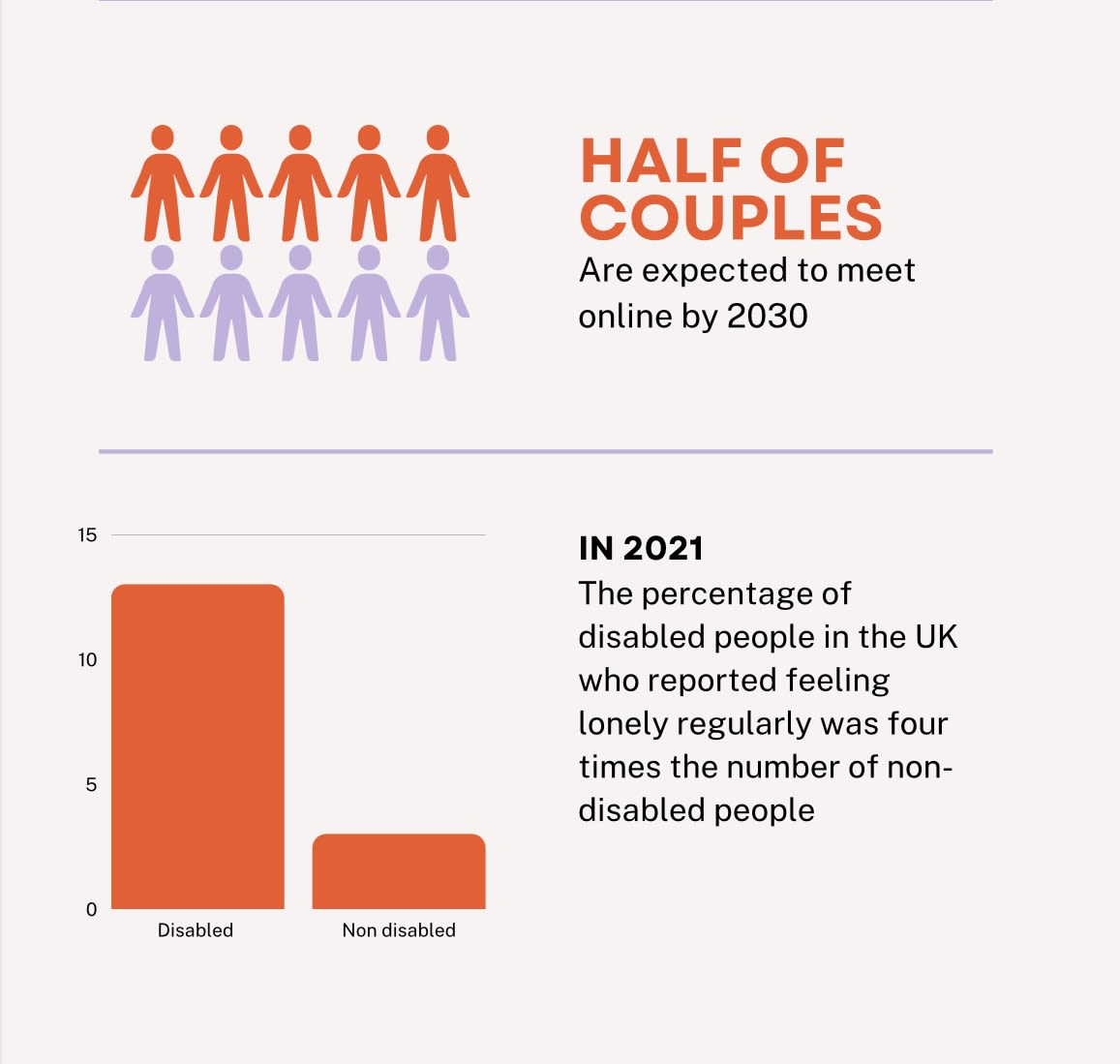


In other ways, the virtual dating world is brutal. A plethora of potential matches means everyone feels a bit disposable and there's always a risk someone will 'unmatch' you if something better comes along.
Disabled people have the additional pressure of considering when to disclose they have a disability: straightaway, after a few introductory messages, or leave it until the very first date.
Jennie Williams is CEO of Enhance the UK, a charity which campaigns for inclusivity and runs awareness training for employers. The disability employment gap remains a massive issue. In 2022 the disability employment rate was 52.6%, just over half the population, more shocking when compared to 82.5% for non-disabled people.
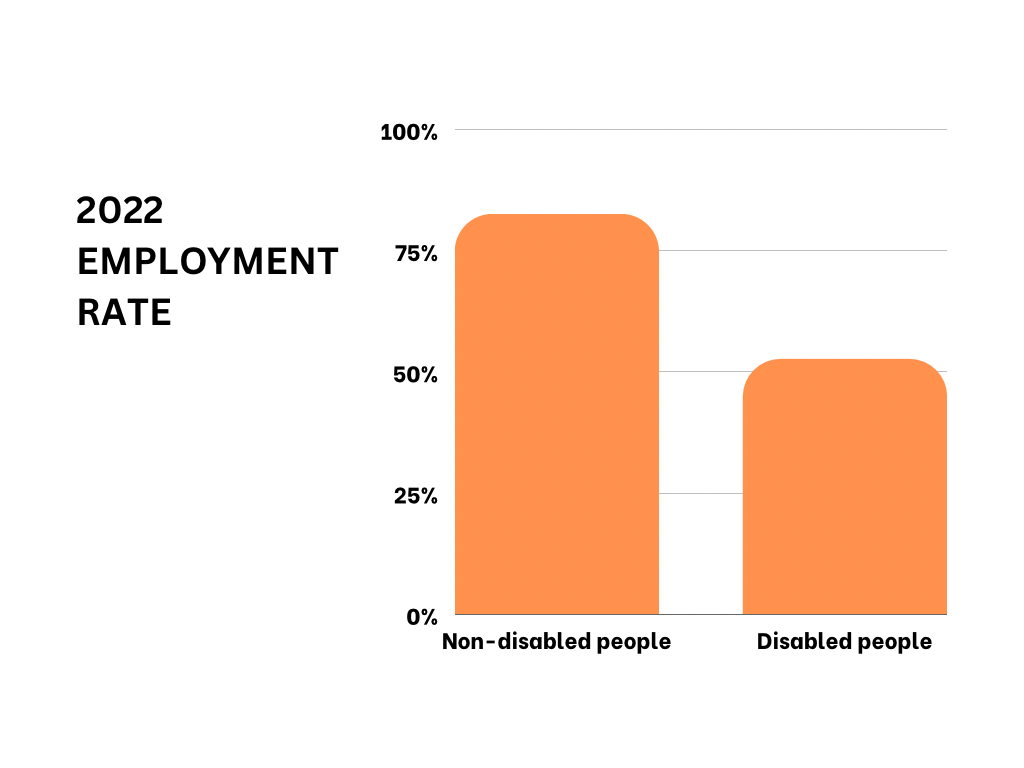
"One of the first questions asked when dating is 'What do you do?,'" says Jennie. "People do care. It's a way to find out whether you have anything in common. It defines whether you have the money to go out on dates. Not to mention the confidence it gives you as a person to have your own income."
Jennie is also a hearing-aid user. Speaking about her own experience on dating apps, she says she chooses not to disclose she has a disability on her profile.
"People don't understand deafness at all. I just know if I put in my profile people wouldn't be able to cope with it at all," she says. "If I meet up with them I'll tell them straight away, but by that point they've spoken to me and know me to an extent."
Similarly, Rosie Jones, a comedian who has cerebral palsy, says whenever she put her disability on her dating profile she would get no matches.
As brutal as they may be, dating apps aren't going anywhere anytime soon. When Tinder first came about, there was no swipe feature, instead you clicked if you liked or didn't like someone. Today, 'swiping' is a stable of Tinder and other dating apps alike.
Clearly dating apps have the capacity to evolve, so surely now it's time for them to become a more inclusive space.

“We’ve all got a thing, everyone’s got a thing, it might not be a disability, but we don’t have to disclose everything to a stranger if we don’t want to,” Jennie says. "I think we are well within our rights to keep our cards slightly closer to our chest in this world where you can just swipe, swipe, swipe."
Annalisa chose to make her disability obvious on her profile with ‘I’m partially blind and use a white cane’ in big, bold writing. Her strategy of being incredibly upfront about her disability appears to have worked well. She was okay being overlooked by a huge proportion of the male population who might decide they don’t want to date someone with a disability. What she didn’t want was for them to waste her time. As a working mum with two kids, she has to be date efficient. Like Jennie’s ‘tosser filter’, Annalisa found that in some ways being upfront about her disability was a bonus. If she found a guy who was non-disabled and not at all ableist, she knew he was going to be a really interesting person, whether or not she was attracted to him.
“It’s like when a woman finds a man who actually genuinely isn’t a little bit sexist, it’s a real joy isn’t it”, she explains. “They might not be the man for you, but they’ll be an interesting guy.”
Slowly disclosing the most intimate parts of yourself is something simultaneously terrifying and exciting for everyone on the brink of establishing a romantic connection. Rummaging through your own baggage and carefully deciding when to share each bit of you takes courage. Striking the right balance by not scaring off your potential partner and being as authentic as you can takes practice.
It’s sometimes easy to forget dating is a two player game. “That's when you discover they have something else that is possibly far worse. You make it all about you and this thing, this supposed obstacle that must be overcome. But actually they might have something terrible… like a fascination with trains or something,” Tom laughs at the ridiculousness of it all.
Tom said he always felt lucky that his disability is visible. “There's none of that ‘oh I need to tell you something…’ where you have to come out all over again”, he explains. In the world of virtual dating though, things are a little different. He decided not to disclose his disability on his profile but would send it in a message prior to the first date, rather than letting it be a surprise.
“I’ve never been a person who covers up being disabled, but I wouldn’t choose to take a picture of my lower half and I don’t think I ever put a picture of me standing on my dating profile,” he says and then asks, “Now that’s very interesting, from someone who claims to be proudly disabled, what’s that about?”
Does he think this is because he wants to be in control of how he presents his disability and present it on his own terms?
“I think I probably said to myself I’m not ashamed, but now saying that I feel a bit sad for younger Tom. I hope now I would have the confidence to put a full length photo on, now that I've matured I feel differently about my disability.”
For those faced with the daunting task of ‘coming out’ as disabled, especially if they aren't yet comfortable with their disability themselves, the dating scene can be an intimidating space. When does a spirit of openness and genuine first-date curiosity become inappropriate and intrusive?
"People did ask invasive questions. 'How do you have sex?', 'Do you have to have someone come in and wipe your bum?'. People feel able to say things on dates and be totally unfiltered in a way they wouldn't if they were anywhere else than on a date," says Tom.
The virtual revolution of the gay dating and hook-up scene has brought with it a big culture of sharing ‘dick pics’. For those with cerebral palsy, or another condition which affects motor skill functions, it may be impossible to hold their phone and take a picture of their penis. And it’s not exactly something you can ask your carer to help with.
“It must be so frustrating if you’re a single man and it’s part of the culture and you can’t do it. And then people judge you because you explain it and it sounds like a slightly pathetic excuse, even though it’s completely real,” says Tom.
Sex Education
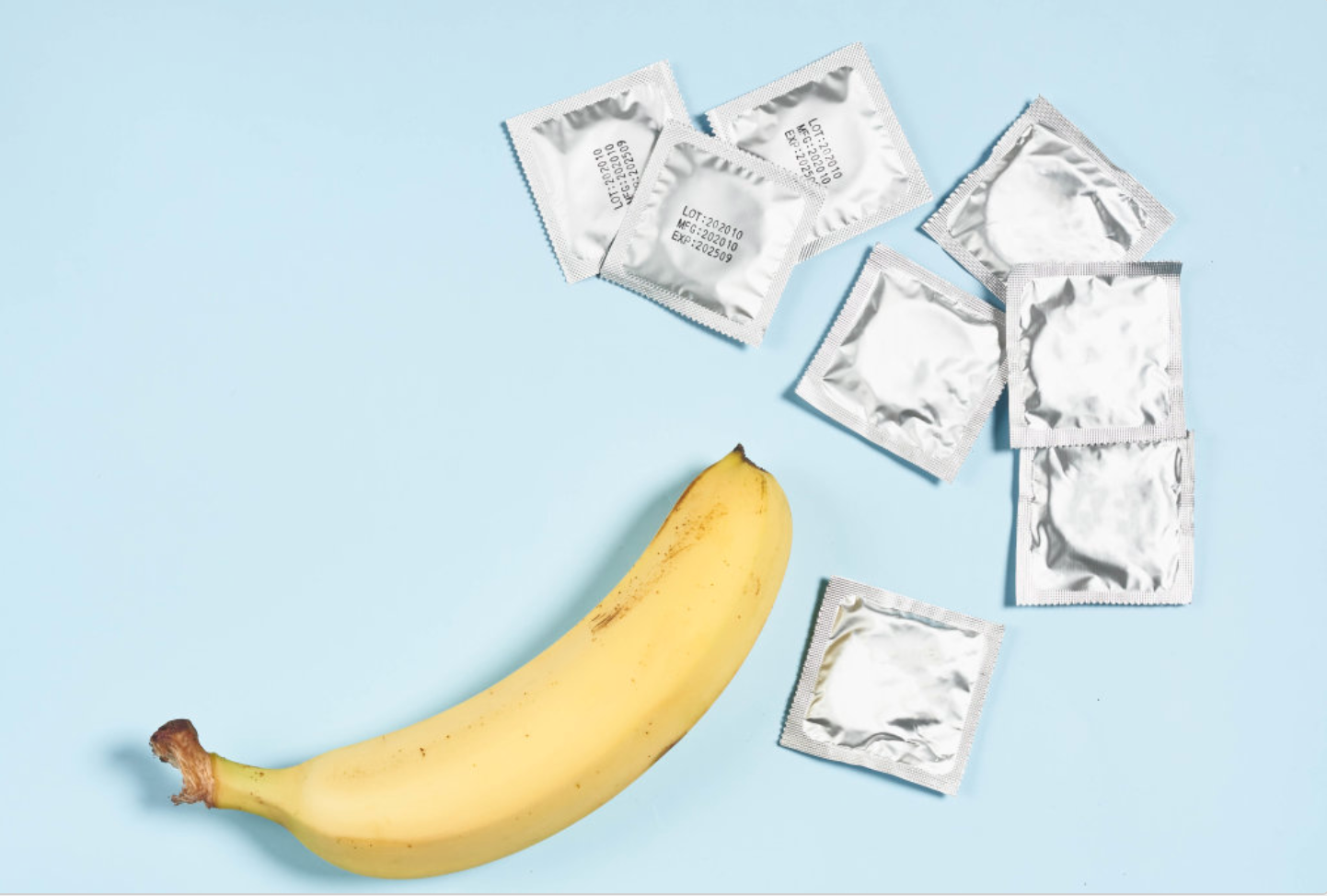
Tom was aged 14, at school, science goggles on, cucumber, condom and an impossible task on the table in front of him. The sex education lesson plan had clearly not been made with him in mind.
“I don’t have the dexterity to put a condom on, how excluding is that? The implication was ‘sex is not for you, you’re just not going to have sex’. I’ve always had to ask other people to put condoms on for me, it’s not a big deal… but at the time it felt really excluding.”
The lack of disability representation in sex education can shatter an already pretty fragile confidence.
"You're thinking, 'no one will want me', this real internalised ableism we live with," explains Jennie.
It also puts disabled people in a particularly vulnerable situation. With feelings of shame around a body you were never taught about, in a world where you have always been considered 'other', it is unsurprising, albeit horrifying, that disabled women are twice as likely to be sexually assaulted than non-disabled women.
Disabled people can be left with nowhere to turn. Parents feel uncomfortable talking to their children about sex and carers may fear broaching the topic as inappropriate. “Disabled people just end up not having the conversation at all,” says Jennie. “They can become really desexualised and infantilised.”
“If you don’t know your own body or understand how it works, how do you understand what pleasure you can get yourself and how do you have the confidence to do that with other people?” Jennie says.
Undressing Disability is a campaign by Enhance the UK breaking the silence around sex and disability. They offer free resources about sex for disabled people and a place where they can talk to each other and healthcare professionals. They’re also bringing out an inclusive sex toy range with packaging especially designed to be easy for people to open using their teeth.
The most popular service Undressing Disability provide is ‘The Love Lounge’, which invites people to write in with questions or have virtual conversations with the team about disability, sex and relationships.
83% of disabled people were not born disabled.
The majority of people who come through to The Love Lounge are those who have acquired their disability.
"We get a lot of people who are struggling to come to terms with their new selves while they grieve for the person they used to be,” says Jennie.
Jennie describes the heartbreaking situation of a woman who suffered a massive stroke and had to renegotiate her relationship with her husband who now saw her body differently. She, too, felt like a completely different person.
“Most of the time, people just want to be seen, heard, recognised and for someone to say ‘I validate everything you’re saying,’” Jennie explains.
